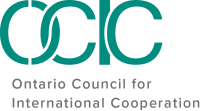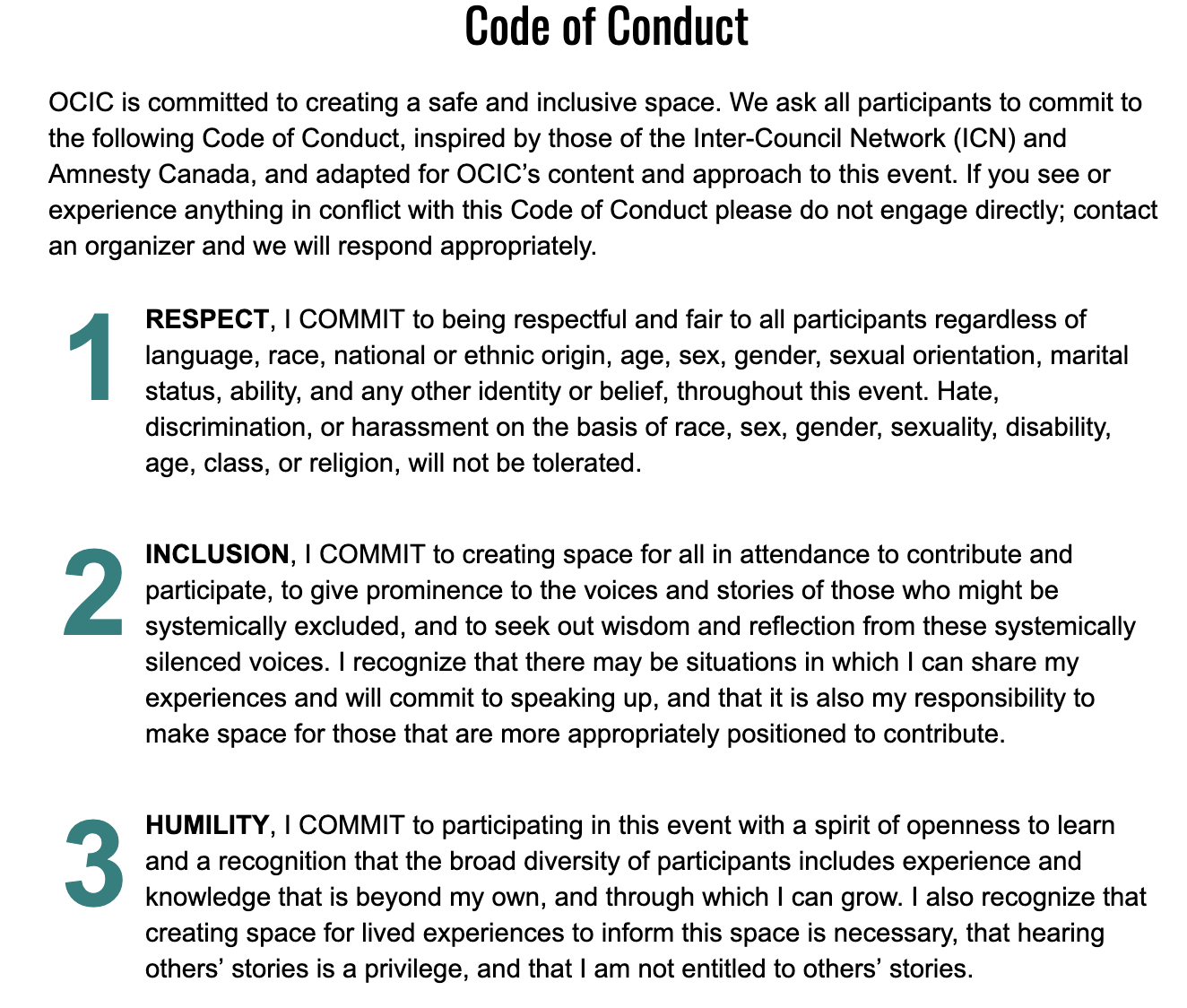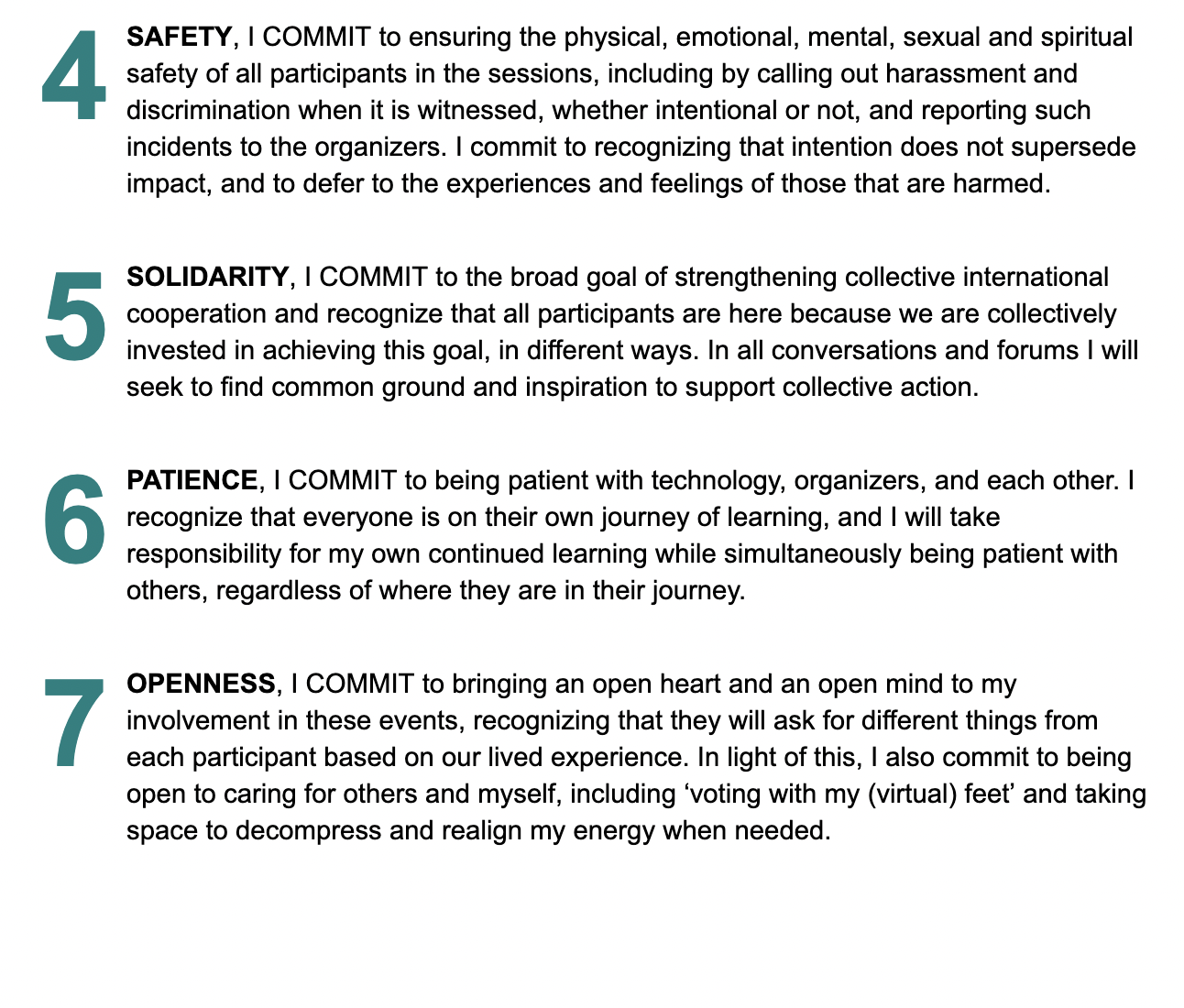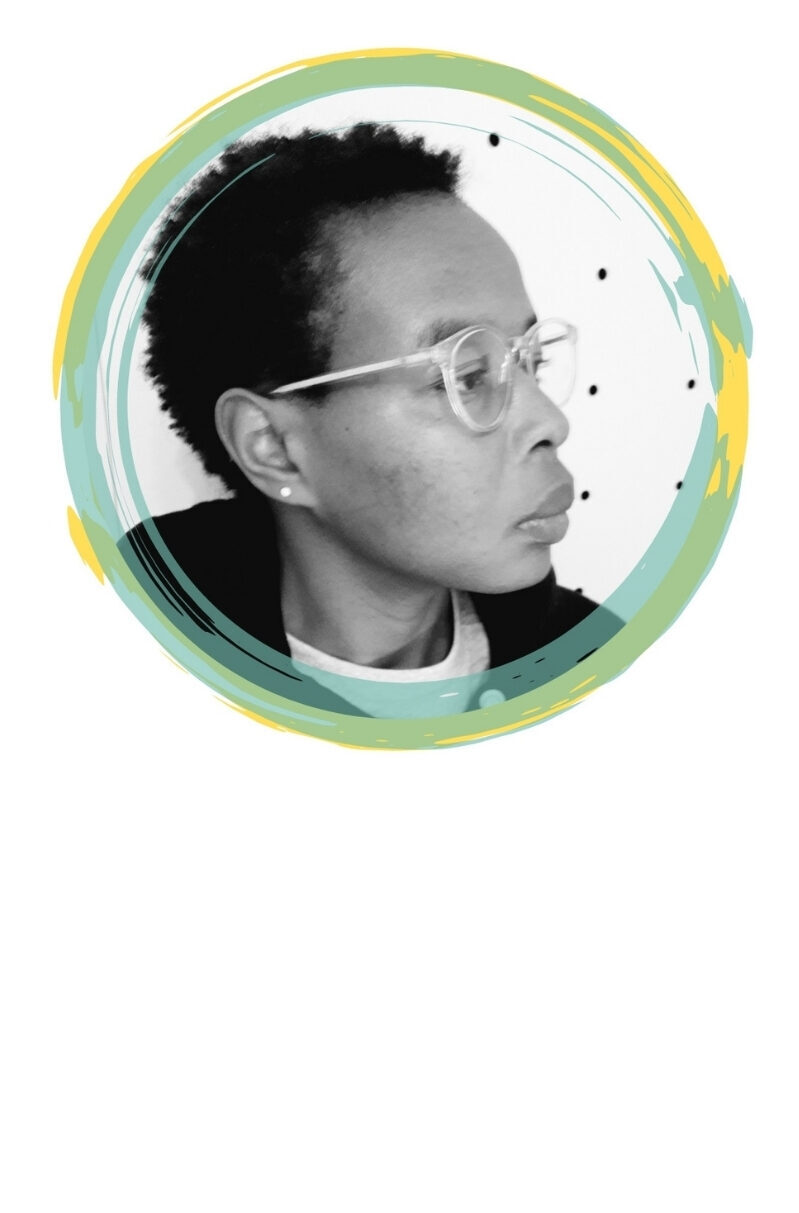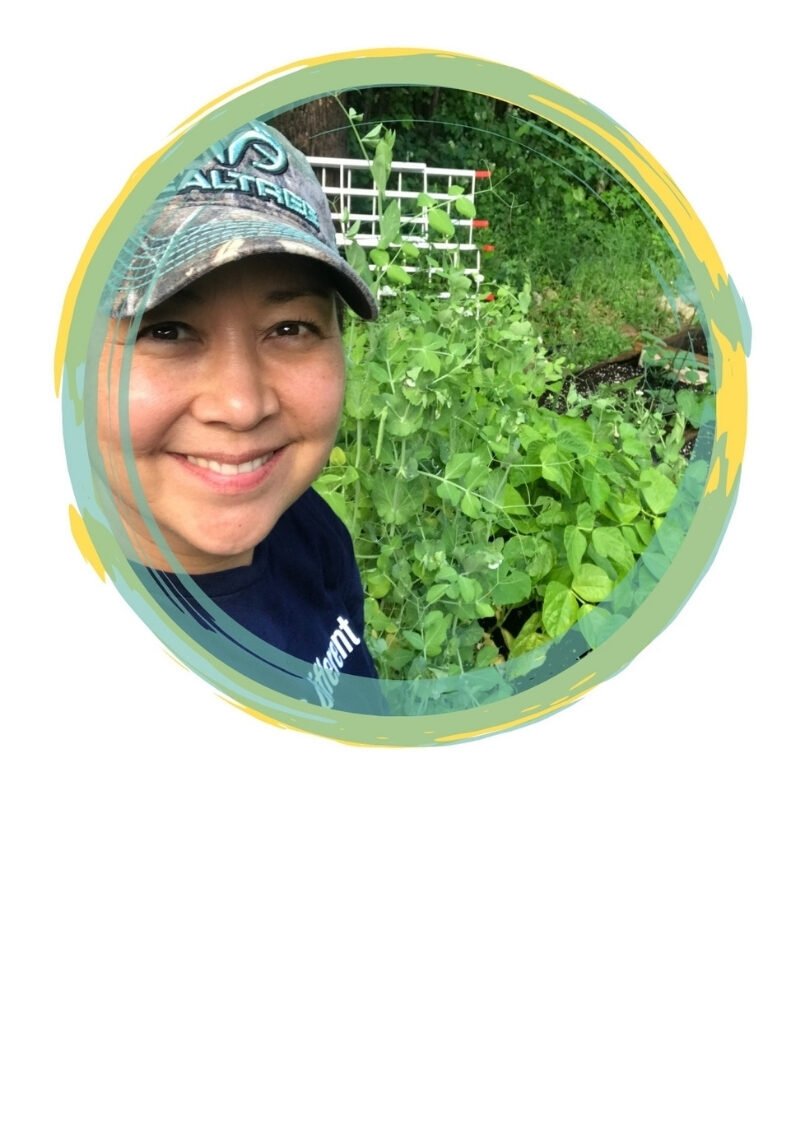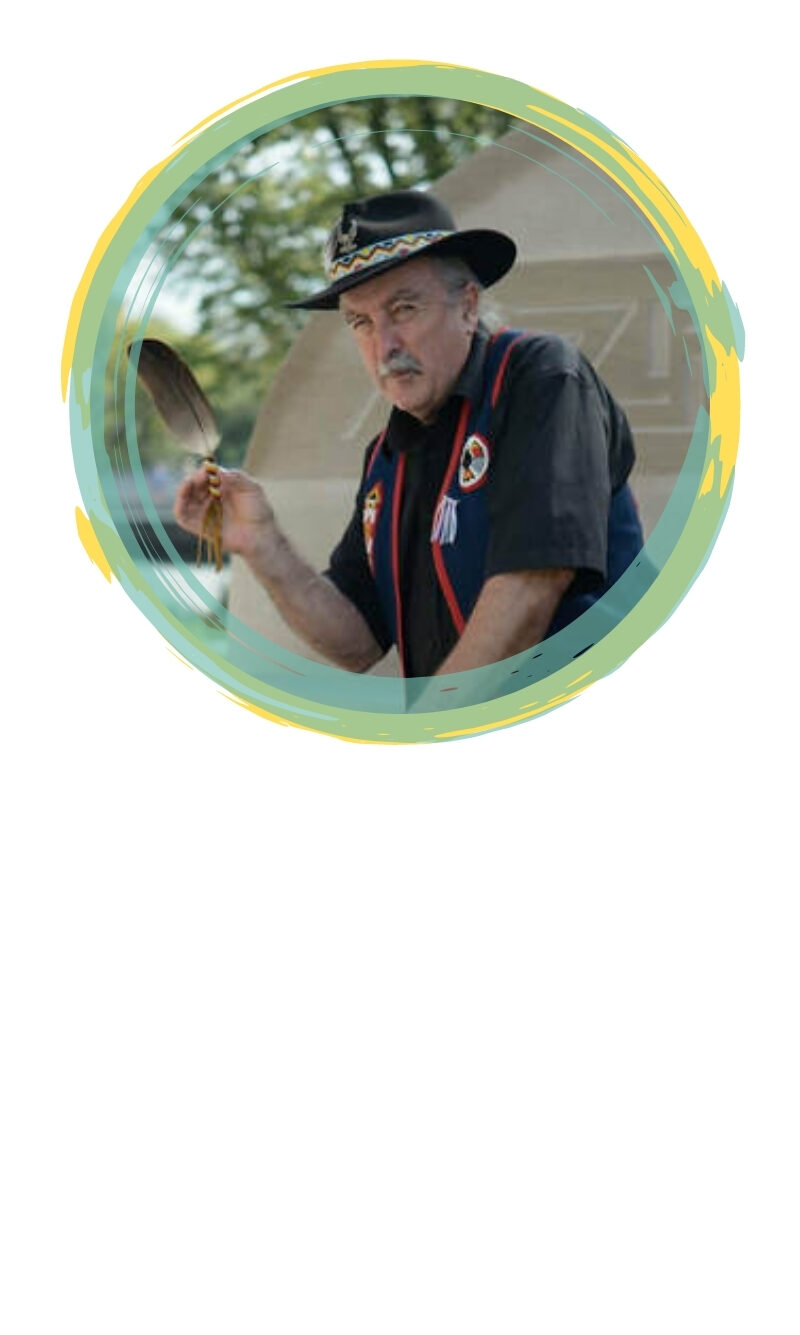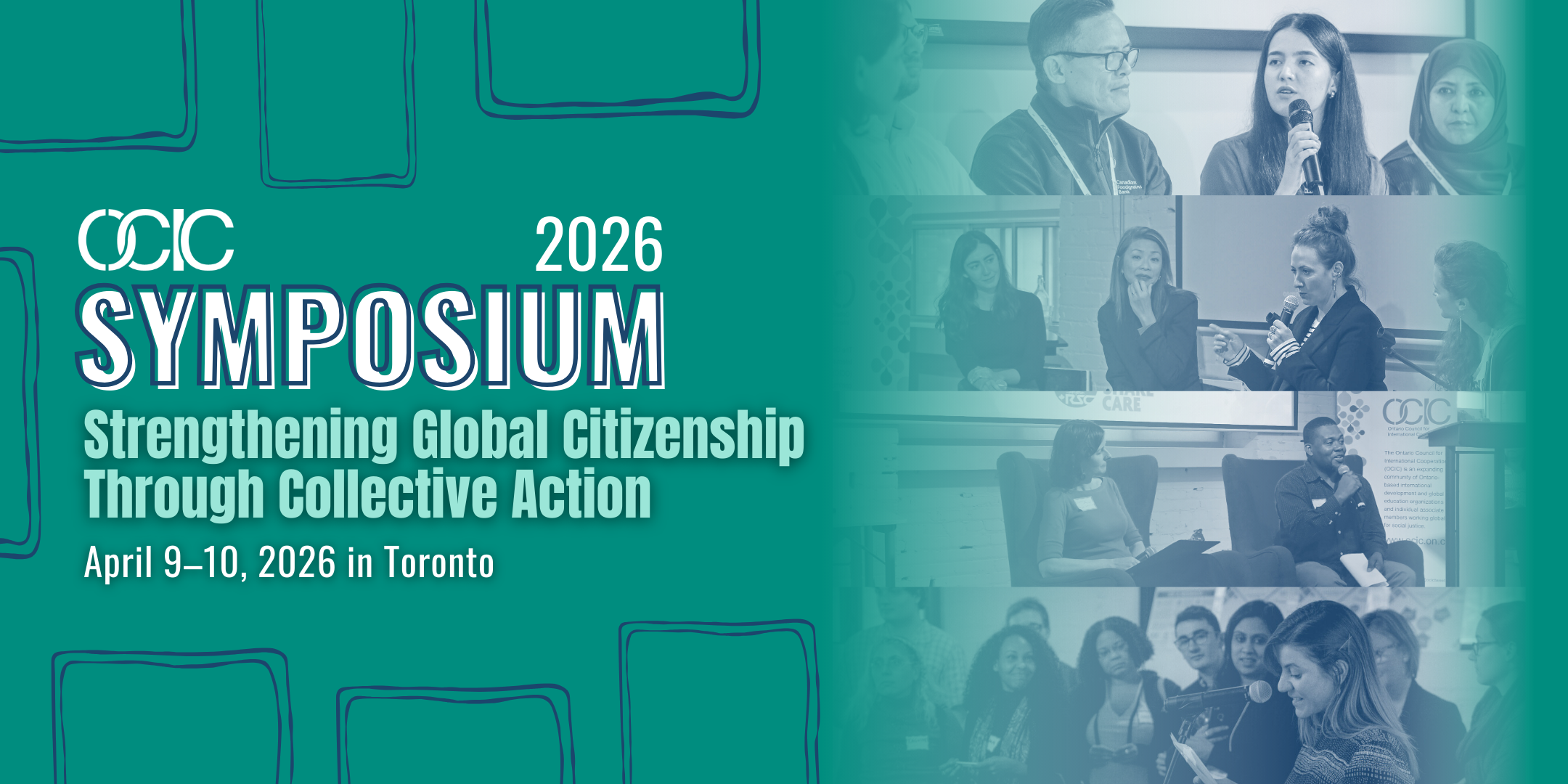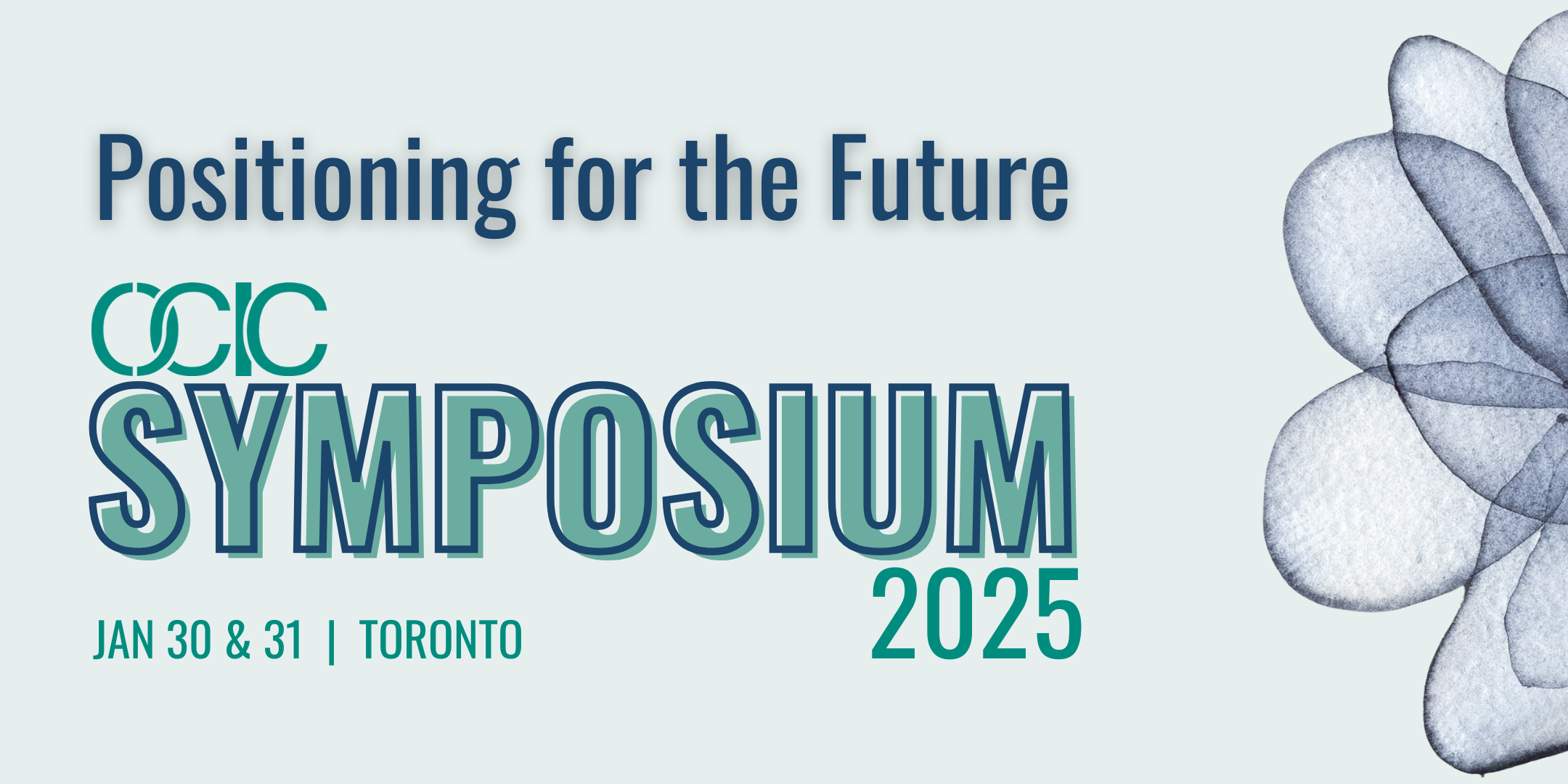
OCIC AGM & SYMPOSIUM 2021: CENTERING RECONCILIATION & DECOLONIZATION IN THE INTERNATIONAL COOPERATION SECTOR
OCIC’s AGM & Symposium and Fall Dialogue Series 2021 focused on ‘Centering Reconciliation and Decolonization in the International Cooperation Sector’ from September 21-24, 2021. The events created space to unlearn and relearn, to build capacity as a community, and to recognize the complex and diverse histories, lived experience and systemic power relations experienced at the individual, community, sectoral, regional and global levels.
Our AGM included presentations from our Board of Directors and management on the governance and programs past and upcoming, election of new Board members, ratification of new members and recognition of key volunteers and contributors to the Council in the past year. Our Symposium & Dialogue Series sought to build on two of the recommendations for ‘Emerging Anti-Racist Practise for Canadian International Cooperation’ to create an enabling environment for productive dialogue within organizations; and to collaborate with international partners in the design, development and implementation of new approaches.
We recognize and thank our members and partners for helping to identify and co-create this program. More details, speaker bios, relevant links and/or readings are available below. Dialogue session recordings are available here.
*Please note that some sessions dealt with difficult content, including the unjust treatment of Indigenous Peoples in Canada, racial discrimination and violence, systemic injustice, sexual harassment and/or violence, and the disproportionate effects of inequality. This content, while necessary to discuss, may demand (significant) emotional labour, distress, or trigger participants. We encourage viewers to guide their own engagement according to their mental, emotional, and physical well-being. Viewers are also encouraged to seek additional support to process their feelings and thoughts in a safe space.
recap of events

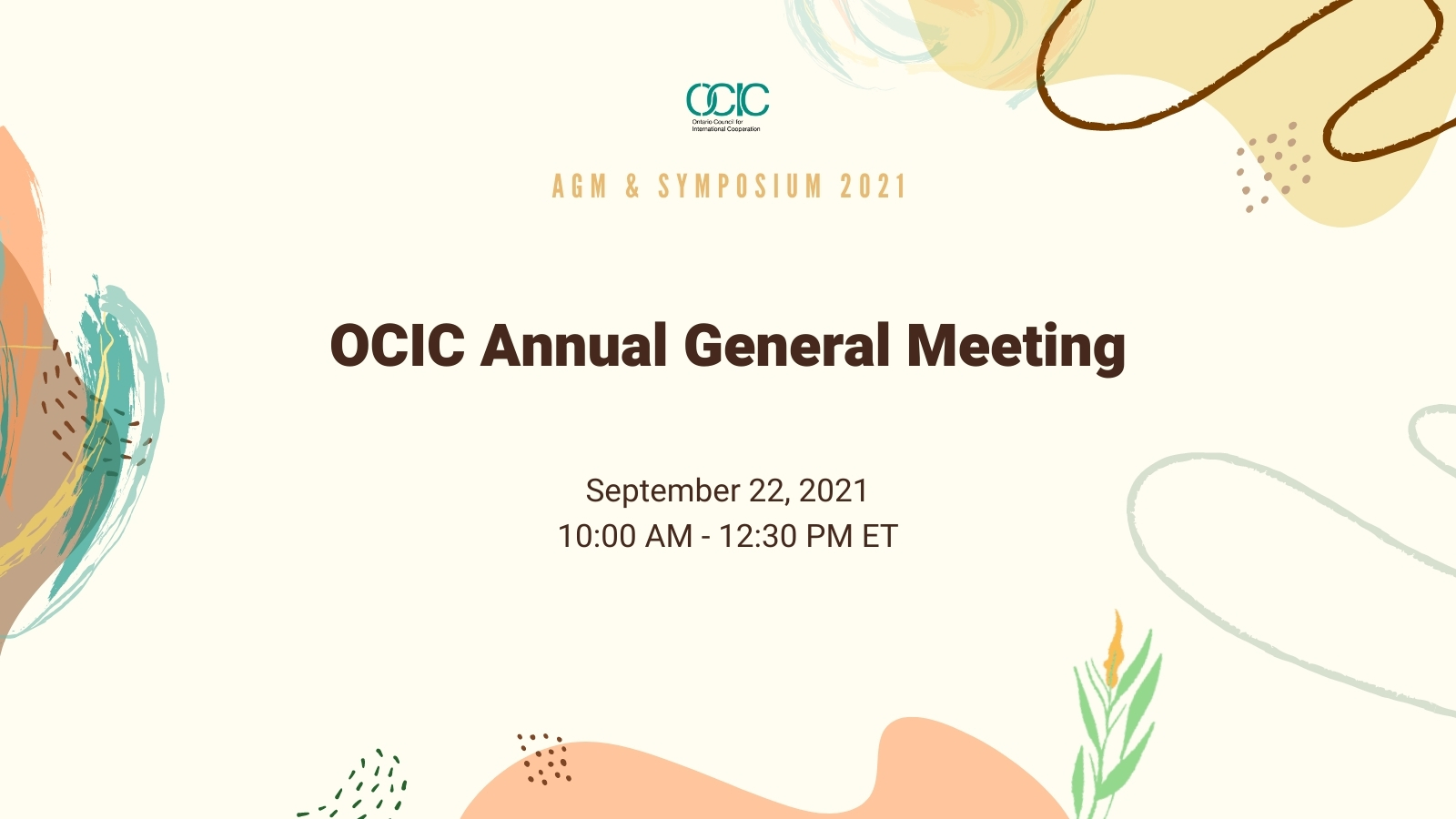



All events were held online with Zoom.
Closed captions in English were available at all sessions.
Full program & Agenda
Click on the date tabs below to find full details for events at OCIC’s AGM & Symposium 2021
September 21
Welcome & Symposium Overview
1:00 PM – 1:20 PM ET
A Year of Anti-Racist Cooperation: Where We’ve Gotten, Where We’re Going
1:30 PM – 3:00 PM ET
English | French
Resources & Background Reading
Anti-Racism Framework: For Canada’s International Cooperation Sector
Collective Commitment: Emerging Anti-Racist Practice for Canadian International Cooperation – ARC Report (2021)
Learn more about Anti-Racist Cooperation (ARC).
September 22
OCIC Annual General Meeting
10:00 AM – 12:30 PM ET
Resources:
- Participant Package (PDF) | (Word)
- OCIC 2021 Audited Financial Statements
September 23
Decolonizing Knowledge: Strengthening Academic-CSO Partnerships Through Community-based Approaches
10:00 AM – 11:30 AM ET
English | Spanish | French
Resources & Background Reading:
An ongoing Study on the Impact of COVID19 on Canadian SMOs with Guelph using a community-engagement approach. Principal investigator: Andrea Paras, UofG partner.
Partnership design (Guide for research partnership agreement).
Approaches to community-engaged research in the global development sector (latest publication in CJDS available open access).
Authentic partnerships with Indigenous Peoples in Canada and Latin America
2:00 PM – 4:00 PM ET
English | Spanish | French
September 24
Connecting for Change: Intersections and Opportunities for Leaving No One Behind
10:00 AM – 11:30 AM ET
Welcome & Symposium Overview
1:00 PM – 1:20 PM ET
Contributors
Kimberly Gibbons
Ontario Council for International Cooperation
Kimberly Gibbons (she/her) has been the Executive Director of OCIC since 2005. Kimberly believes in supporting community-led development and an enabling environment for civil society organizations, and in mobilizing Canadians to achieve universal sustainable development. As an active contributor to the Inter-Council Network of Provincial and Regional Councils for International Cooperation (ICN) and Cooperation Canada (formerly CCIC), a member of the Humber College International Programs Advisory Committee, Ontario Institute for Studies in Education (OISE) Programs Advisory Committee, Knowledge for Change Toronto Hub, and Global Affairs Canada Civil Society Partnerships Policy Advisory Group (CPAG), Kimberly is a vocal advocate for small and medium-sized organizations (SMOs) and their potential to strengthen local to global connections, transformative partnerships, and solidarity. Kimberly has worked in many formal and non-formal education settings with youth and adults of diverse backgrounds in Asia, Central America, Europe and Canada. She holds a Masters of Education in Adult Education and Transformative Learning from OISE, University of Toronto, and studied human rights at the graduate level at the Commonwealth Institute, University of London, England. Kimberly also has a Bachelor of Arts in International Development and Rural Extension Studies from the University of Guelph and completed her final undergraduate year of study at SNDT Women’s University, Mumbai, India. Throughout the pandemic period, Kimberly’s love of plants and community gardening have grown as she has spent countless hours with her hands in the dirt in her balcony pots, and while connecting with neighbours and passers-by the Hopewell Community Garden.
Aniqah Zowmi
Ontario Council for International Cooperation
Aniqah Zowmi (she/her) works from an intersectional, anti-oppressive operational framework. As a Muslim woman of colour with multiple other intersectional identities, she brings her lived experience authentically into her work. Some of her recent efforts have included supporting humanitarian projects in Jordan focused on mental health, psychosocial awareness, and economic empowerment, for the Italian NGO Un Ponte Per… (UPP) and for the Canadian NGO Menonnite Economic Development Associates (MEDA). Aniqah has also served as a Youth Representative to the United Nations’ Department of Global Communications’ Steering Committee, the Canadian Youth Delegate to the Youth20 (the official youth engagement arm of the G20) in 2018, and a member of the Joint Youth Delegation to the Commonwealth Youth Forum in 2015. She is currently the Director of Diversity, Equity, and Inclusion for Leading Change Canada, a Youth Advisor to the Canadian Commission for UNESCO, and the incoming Chair of Girls Action Foundation. Aniqah holds a Master of Arts in Social Justice and Equity Studies from Brock University, where she looked at feminist and anti-colonialist perspectives on social enterprise. Prior to her Masters, she completed her Honours Bachelors of Science in Neurobiology, specializing in learning, memory, and neurobiophysics.
A Year of Anti-Racist Cooperation: Where We’ve Gotten, Where We’re Going
Watch the recording here.
1:30 PM – 3:00 PM ET
About a year ago, an informal advisory group convened by Cooperation Canada launched a set of sector-wide
consultations to co-develop an anti-racism framework, developed by the sector for the sector. The official framework was launched in January 2021 with 71 signatories providing their surveys and in this way helping a group of sector volunteers produce the first baseline report on anti-racism. The baseline report is live, helping to inform sector-wide initiatives that are being put in place, as well as inspire organizations to trigger their institutional processes of anti-racist change. This session provided an overview of lessons learned along the way, and offered space for signatory organizations to share their experiences so far.
Resources & Background Reading
Anti-Racism Framework: For Canada’s International Cooperation Sector
Collective Commitment: Emerging Anti-Racist Practice for Canadian International Cooperation – ARC Report (2021)
Learn more about Anti-Racist Cooperation (ARC).
Contributors
Charlotte Kiddell
Inter Pares
Charlotte is Co-Executive Director of Inter Pares, sharing the role with Samantha McGavin. Charlotte got her start in social justice work through student politics. Before joining Inter Pares, Charlotte held elected positions with the Canadian Federation of Students. Charlotte is passionate about feminism, anti-oppression, and grassroots movement building.
Bella Lam
Jane Goodall Institute of Canada
Bella is the Director of Programs at the Jane Goodall Institute of Canada. She has over 20 years of experience working in international cooperation and community-centred conservation. Bella works collaboratively with local partners, particularly in Sub-Saharan Africa in different sectors, including health, food sovereignty, economic empowerment and climate action, incorporating the lens of “One Health” approach.
Odette McCarthy
Equitas
Odette joined the Equitas team in June 2020 as Executive Director. She is a gender equality specialist and a seasoned manager with more than 25 years of international cooperation experience. She was Director of the Uniterra Program, a CECI and WUSC program that strengthens women’s economic power empowerment in 14 countries. For eight years she taught a Gender Equality course as part of the Université de Montréal’s certificate in international cooperation. Over time, Odette has demonstrated the ability to collaborate effectively with diverse stakeholders in Canada and the Global South. She is also an active member of the Board of Directors of Cooperation Canada its Anti-racist advisory committee.
Gloria Novovic
Cooperation Canada
Gloria is Cooperation Canada’s Policy Lead, overseeing the organization’s strategic policy portfolio and acting as the main liaison with Global Affairs Canada. She holds a PhD in Political Science and International Development and specializes in feminist policy and global governance. Passionate about creative and lasting solutions at a systems-level, Gloria’s work revolves around disrupting traditional development paradigms to strengthen collective approaches to social justice. Gloria has been leading Cooperation Canada’s anti-racism efforts and convening the sector-wide advisory group with the goal of setting up an independent Anti-Racism Hub for the sector as a whole.
Tiyahna Ridley-Padmore
World Vision Canada
Tiyahna Ridley-Padmore is a policy advisor at World Vision Canada specializing in social inclusion. She co-chairs Cooperation Canada’s Anti-Racism Taskforce and facilitates several other community-based initiatives for the advancement of human rights, equity and inclusion. Tiyahna holds an MA in Public Policy, Administration and Law from York University and a BA in Political Science from the University of Ottawa.
Aislynn Row
Cooperation Canada
Aislynn manages Digna – the Canadian Centre of Expertise on the Prevention of Sexual Exploitation and Abuse, hosted by Cooperation Canada. She is a champion of gender equality with a passion for making systems and structures more inclusive and effective. Aislynn holds a masters degree in Development Management from the London School of Economics, where she specialized in the gendered dimensions of humanitarian assistance for refugees. Aislynn has been an integral part of Cooperation Canada’s sector-wide group on anti-racism since its inception and is looking forward to future progress towards this crucial sector transformation.
Rob Shropshire
Presbyterian World Service & Development
Rob Shropshire began working with Presbyterian World Service & Development (PWS&D) in Toronto in March 2013, responsible for policy and planning, and for coordinating refugee sponsorship by Presbyterian Church in Canada congregations. In January 2020, he handed over the sponsorship work and assumed responsibility for development and emergency programs in Asia and the Pacific. He serves as PWS&D’s PSEA focal point and is leading efforts on Anti-Racist Cooperation. Rob’s work in refugee response, international development, and human rights includes fourteen years with PWRDF, seven years with Equitas, and interim positions with the Canadian Council for Refugees and Action Réfugiés Montréal. He also volunteers with a local refugee sponsorship committee.
OCIC Annual General Meeting
10:00 AM – 12:30 PM ET
OCIC’s AGM included presentations from our Board of Directors and management on the governance and programs past and upcoming, election of new Board members, ratification of new members, and recognition of key volunteers and contributors to the Council in the past year. Participants joined us for an opportunity to learn about and contribute to our work as a collective.
Resources:
- Participant Package (PDF) | (Word)
- OCIC 2021 Audited Financial Statements
Proposed Agenda
9:30 – 9:50 AM Voting Member Poll Everywhere and Zoom Platform Sign-In & Tech Support
9:50 – 10:00 AM Participant Zoom Sign-In and Tech Support
10:00-12:30 OCIC Annual General Meeting
- Welcome
- Land Acknowledgement
- Approval of the Proposed 2021 AGM Agenda
- Approval of the 2020 AGM Minutes
- Presidents Report
- Presentation of Audited Financial Statements
- Approval of 2021-2022 Auditor
- Ratification of New Members
- Presentation & Election of Candidates to the Board of Directors
- Executive Directors Report
- Approval of Candidates Elected to the Board of Directors
- Volunteer Recognition
- Business Arising
- Adjournment of Business Meeting
- Member Networking
Decolonizing Knowledge: Strengthening Academic-CSO Partnerships Through Community-based Approaches
Watch the recording here.
10:00 AM – 11:30 AM ET
This session discussed the importance and meanings of decolonizing knowledge, drawing upon perspectives, experiences and current research and policy collaborations from panelists working to strengthen academic-CSO partnerships, collaboration and community-based and informed research.
Resources & Background Reading
An ongoing Study on the Impact of COVID19 on Canadian SMOs with Guelph using a community-engagement approach. Principal investigator: Andrea Paras, UofG partner.
Partnership design (Guide for research partnership agreement).
Approaches to community-engaged research in the global development sector (latest publication in CJDS available open access).
Moderator
University of Toronto Scarborough
Leslie Chan is Associate Professor in the Department of Global Development Studies (formerly the Center for Critical Development Studies) and the director of the Knowledge Equity Lab at the University of Toronto Scarborough. Leslie’s teaching and professional interests center on the geopolitics of knowledge production and circulation, with a focus on how networking technologies are enabling new forms of open collaborations, while also amplifying and reproducing embedded power relations and inequality. In particular Leslie has been exploring the dynamics of university community partnership and the patterns of meanings around knowledge co-creation, participatory research, and how community engaged modes of knowledge production may contribute to different frameworks of valuing diverse knowledges and their dissemination.
Contributors
Andréanne Martel
Spur Change
Andréanne Martel is the Director of the Spur Change Program for the Inter-Council Network (ICN), a coalition of the eight Provincial and Regional Councils for International Cooperation in Canada. Prior to joining the ICN, Andréanne was the lead of the Next Generation: Collaboration for Development program, a joint initiative between Cooperation Canada (formerly known as CCIC) and the Canadian Association for the Study of International Development (CASID) aiming to foster better collaboration between practitioners and academics in the Canadian global development sector. She recently co-edited a special issue for the Canadian Journal of Development Studies on CSOs-Academic collaborations in the Canadian global development sector.
Judyannet Muchiri
Inter-Council Network
Judyannet Muchiri’s work sits at the intersection of gender equality, civic participation, and digital advocacy. She has experience doing advocacy work with non-profits in African countries, researching and writing on these areas. Her most recent research focuses on safe spaces for young women’s civic participation in Kenya. Currently, she is completing a PhD in Sociology, co-leading the Africa Community Engagement Hub, and doing policy and research work with the Inter-Council Network of Provincial and Regional Councils for International Cooperation (ICN).
The ICN’s research project aligns with the sectoral-wide shift towards more feminist, anti-racist and decolonial approaches in international cooperation work. Increasingly, organizations are proactively interrogating their principles and practices; a positive step towards decolonizing the sector. However, this reflexivity exercise and the actions that result from it need to be done in a way that does not propagate the same harmful practices and/or produce new forms of harmful practices. Following the principles in Canada’s Feminist International Assistance Policy and in the UN’s Agenda 2030, this research brings together different CSOs, feminist activists, and youth leaders to explore feminist, anti-racist and decolonial approaches in public engagement. Learn more about the research project here.
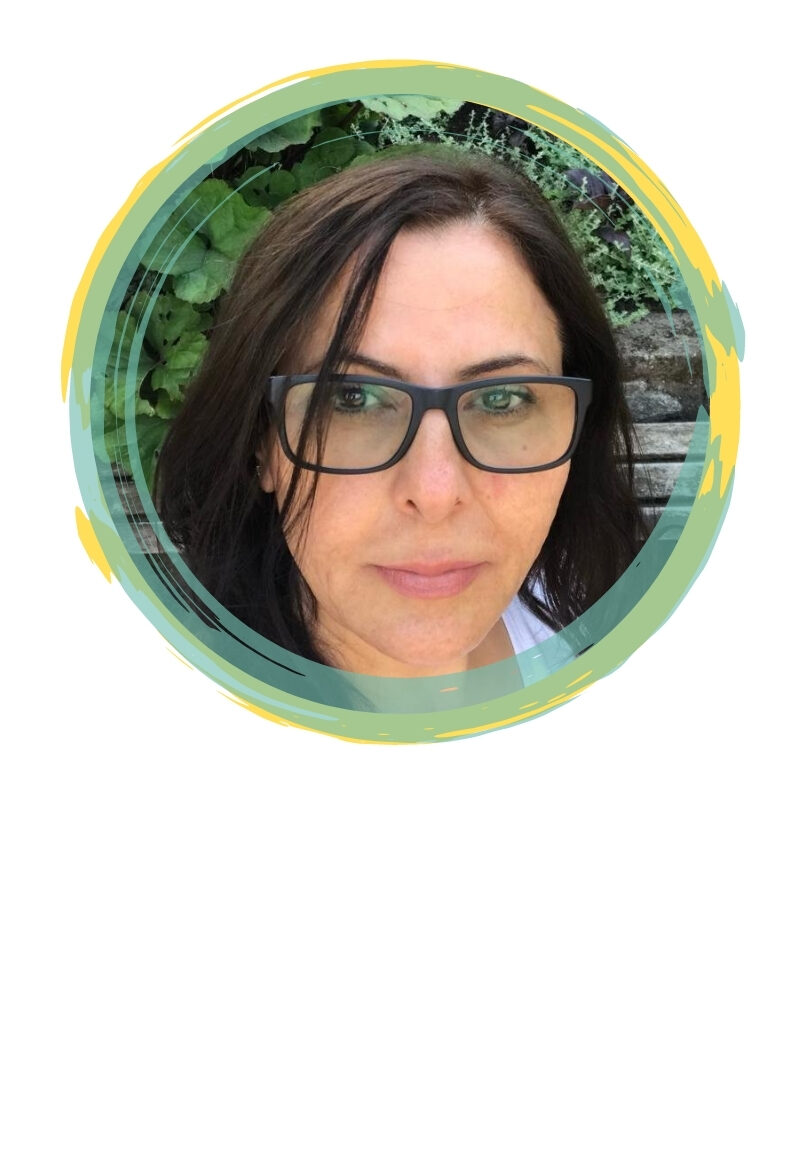 Dr. Vida Shehada
Dr. Vida Shehada
Centennial College
Dr. Vida Shehada is a professor and coordinator of the International Development Postgraduate Program at Centennial College. She develops and teaches courses on different issues of international development including Gender equality, Human Rights, Poverty, and Monitoring and Evaluation. In addition to her teaching portfolio, she provides academic leadership in the development and coordination of the program courses. She is also responsible for internal and external liaison as well as team leadership and facilitation. Vida has been with OCIC’s Board of Directors since June 2016 and has served on the Governance Committee, Membership Committee and Strategic Planning Committee. Vida accomplished her PhD in Public Affairs as a Fulbright Scholar at Rutgers University in the United States. She also has a Master’s Degree in Democracy and Human Rights. Before joining Centennial College, she was a faculty member at Rutgers University and the State University of New York (SUNY). She served as an advisor and committee member of numerous Master’s theses. She also worked in programs funded by Global Affairs Canada (GAC) (formerly CIDA and DFATD), Austcare, Danida, CGAP (World Bank), UNESCO, UNRWA and USAID. She is also involved with several research, curriculum development and community development activities.
Karen Villanueva-Paez
Toronto Centre for Learning & Development
Karen Villanueva-Paez is a Colombian community worker currently based in Tkaronto, Kanata (Toronto, Canada). She graduated from York University with an HBA in International Development Studies and is currently pursuing a Master in Social Work at the University of Toronto. Karen currently holds the portfolio of Supervisor of Programming at the Toronto Centre for Learning & Development. For the past 6 years, through her community development practice, Karen integrates her passion for popular education, activism and visual arts to support immigrant and newcomer populations living in underserved communities. Karen collaborates with grassroots stakeholders to create programs that serve their own communities and foster their capacity to enact social change.
Authentic Partnerships with Indigenous Peoples in Canada and Latin America
Watch the recording here.
2:00 PM – 4:00 PM ET
Canadian Feed The Children invited participants to a moderated panel with a focus on sharing experiences, best practices, and learning for authentic partnerships that work towards reconciliation and decolonization.
Panelists shared knowledge and experiences from multiple perspectives. A panelist based in Canada shared experiences as a member of a First Nation leading programs in their own community. A leader of a First Nation organization in Canada discussed their work towards reconciliation in Canada, and how they are supporting Indigenous-led development internationally. A panel member from Bolivia brought the perspective of a Bolivian organization working with multiple Indigenous communities and with international partnerships.
Canadian Feed The Children takes a community-led approach to development by working through local partners to help people achieve long-term change for children, families and communities. They focus on food security and education as catalysts of change, and capacity-building that ensures sustainability.
Resources & Background Reading
Highlights from Deidre Chegahno-Millar’s work as the Healthy Living Program Coordinator, Kikendaasogamig Elementary School: “Luke helps others learn on the land” and “Transformations Stories“
Learn more about Instituto Politécnico Tomás Katari
Learn more about Plenty Canada
- Canadian Feed the Children Programs Overview
Moderator
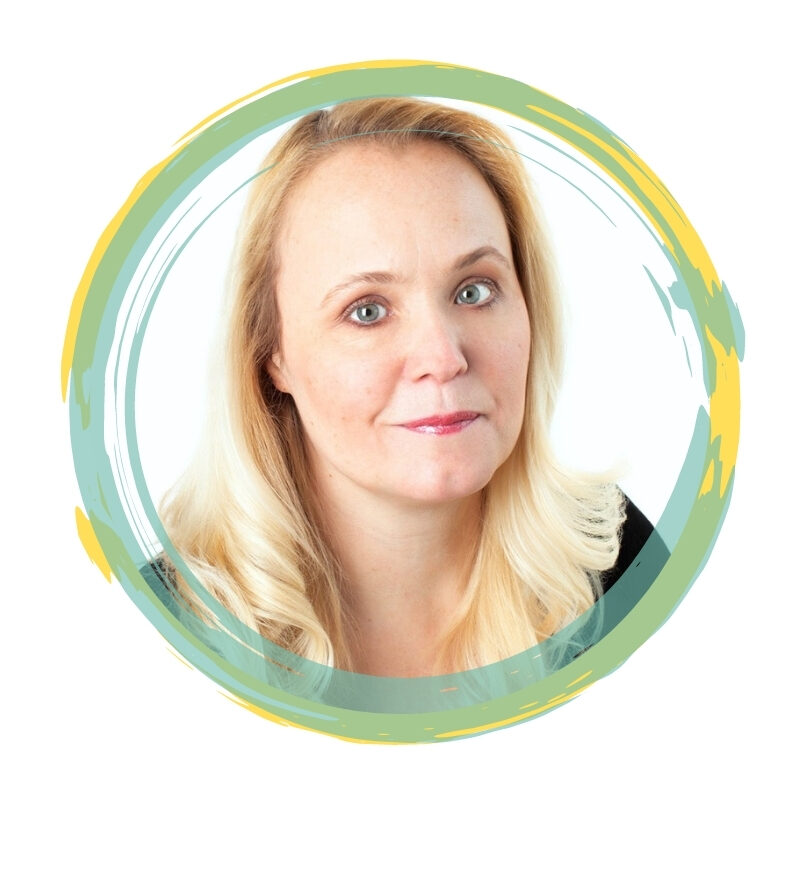
Elizabeth Dyke
Canadian Feed the Children
Elizabeth Dyke has been a health and social development consultant for the past 12 years, working in Canada and internationally with governments, NGOs, universities, and private organizations. Her consulting work includes evaluation, research, writing/medical writing, strategic development, capacity development, policy analysis, knowledge translation/synthesis, and facilitation.
Prior to becoming a consultant, Elizabeth held a number of senior executive roles in not-for-profit and public service, including Director of the Canadian Population Health Initiative of the Canadian Institute for Health Information and Director of the Health Charities Council of Canada (a membership-based organization of 53 national health charities). Elizabeth has a Master of Arts in Sociology from Dalhousie University, and a PhD in Population Health from University of Ottawa.
Contributors
Deidre Chegahno-Millar
Kikendaasogamig Elementary School
Deidre Chegahno-Millar is a member of the Chippewas of Nawash Unceded First Nation and lives in beautiful Neyaashiinigmiing, ON – located on the Bruce Peninsula. With over 17 years experience working with her community’s children and youth – “DeeDee” (as she is known to students and families) has helped to lead numerous food security initiatives – which includes home, school and community gardens as well as, the elementary school’s edible/beneficial landscapes. She has been the Coordinator for the Neyaashiinigmiing “Mino-biimaadiziwn” Healthy Living Program for the past 8 years.
DeeDee is a firm believer that lasting change will come as a result of young people being given opportunities to learn about food sustainability and to become active participants in their community’s discussions about food sovereignty. “Our young people have been our greatest champions and activators for change! They take what they have learned and passionately share it with their families and others in our community. They are unafraid and believe that anything is possible when we set our minds to it and work together. We’d all do well to take their lead!”
Instituto Politécnico Tomás Katari
Alejandro Barrios Noya is the Director of the NGO Instituto Politécnico Tomás Katari (IPTK). He is a Bolivian economist with postgraduate degrees in Business Management and Administration, Public Policy and Ethics for the Global South. Alejandro brings years of experience in the non-profit sector and grassroots groups movements. He was the Latin America Director of IBON International, Executive Secretary for People’s Coalition on Food Sovereignty (PCFS) for Latin America and the Caribbean and General Secretary for the rural sector of the Alliance of Civil Society Organizations for the Effective Development in Latin America and the Caribbean.
He was part of the Bolivian state representatives who participated in the Conference of the Parties at the United Nations Climate Change Conference (COP 19). In the subsequent conferences, Alejandro represented groups of civil society. He participated in the discussions for the 2030 Agenda for Sustainable Development while coordinating the regional campaign of the Peoples’ Goals for Sustainable Development. As a professor, he taught Sociology at the University of San Francisco de Asis and Climate Change at the University Cordillera, both in La Paz, Bolivia.”
Jacquelyn (Jackie) Wright
Canadian Feed the Children
Jacquelyn (Jackie) Wright brings a depth and breadth of international development and humanitarian experience to the role of President & CEO of Canadian Feed The Children, where she has been for the past three years. Prior to this, as CARE Canada’s Vice President, Partnerships for Global Change, she built a diversified program portfolio by strengthening strategic partnerships and growing revenue through evidence-based best practices, innovation, and future-ready programming. Prior to that, as Vice President, International Programs, she led CARE Canada’s development and humanitarian programming in 35 countries and strategically positioned CARE with key stakeholders, including the Government of Canada and the academic and civil society communities.
Prior to joining CARE in 2013, Jacquelyn spent more than 25 years in humanitarian response and international development with the Red Cross in Canada and with the International Committee of the Red Cross (ICRC) and International Federation of Red Cross and Red Crescent Societies (IFRC) internationally. She served as the Canadian Red Cross country representative in Indonesia for nearly four years, where she oversaw country operations and humanitarian and disaster risk reduction programming. Throughout her multi-faceted career, Jacquelyn has managed emergency relief and development programs in some of the most challenging conflict and post-conflict regions, including Sudan, Uganda after the Rwandan genocide, Sierra Leone and Somalia. Strongly committed to the study and practice of leadership, Jacquelyn has a Master’s Degree in Leadership and Training from Royal Roads University in Victoria, BC, where she is the past co-chair of the Advisory Council of the School of Humanitarian Studies. Currently Jacquelyn is in her second year as a Board member of OCIC.
Connecting for Change:
Intersections and Opportunities for Leaving No One Behind
Watch the recording here.
10:00 AM – 11:30 AM ET
Participants joined the Kawartha World Issues Centre for thought provoking presentations on how we connect global issues to local initiatives through an intersectional, decolonial lens. Speakers presented their work on localizing the Sustainable Development Goals through the principles of ‘leaving no one behind’, and centering Indigenous Leadership through community education partnerships and engaging youth in schools. They also shared their work on the Equity Index Project and Black Art Archive to help create a shared understanding of ‘racial equity’ in administrations.
KWIC is a community-based global education centre working in Nogojiwanong/Peterborough since 1989. They connect people to global issues and local initiatives that change how we understand the world and foster equitable and sustainable communities.
Contributors
Eliana Fleifel
Ontario Council for International Cooperation
Eliana Fleifel (she/her) leads communication efforts at OCIC and facilitates the multi-sectoral exchange of ideas, opportunities and knowledge in support of FIAP and the Global Goals. She holds an undergraduate degree in Business Administration from the American University in Cairo and a Master’s in Development Practice from the University of Waterloo. Eliana specializes in communications for network based organizations in the international cooperation sector, and has held leadership and advocacy roles in organizations like SDSN Canada, the Global Schools Program and the British Columbia Council for International Cooperation (BCCIC). For her, working with networks on a daily basis is a reminder of how much we need each other to create a better world, and how our diverse lived experiences can fuel this process with creativity, innovation and empathy. She feels grateful to serve a small role in a big, collective effort to make positive change.
Shaelyn Wabegijig
Kawartha World Issues Centre
Shaelyn Wabegijig (she/her/kwe) is the Program and Outreach Coordinator for KWIC. From March 2020-2021, she coordinated for the partnership project with GreenUP: Advancing the SDGs 2030 Agenda in Nogojiwanong/Peterborough. She is currently the program coordinator for the project called Advancing Gender Equality in Nogojiwanong/Peterborough. Her family is Algonquin from Timiskaming First Nation, Caribou Clan, also Irish and German, and she grew up in Rama First Nation. She graduated from Trent University with a BAH in Indigenous Studies and Philosophy. You can reach her via email at shaelyn@kwic.info.
 William Ward
William Ward
Kawartha World Issues Centre
Will Ward (he/they) is the Educational Program Coordinator for the summer. He is usually reading, writing, speaking or playing music. He completed three certificates, over a couple summers, in Molecular Biology & Genetics, Pharmacology & Toxicology and Microbiology in Epidemiology at U of T. In 2018 he attended the UN Youth Conference on the SDGs at the United Nations Headquarters as a delegate. He was one of the inaugural graduates of the Youth Leadership in Sustainability (YLS). Currently, He does advocacy work for BIPOC and marginalized students, as well as various research projects centering accountability and social consciousness. Their work is directed by listening to lived experiences and perspectives. He loves collaborating and finding points of intersection, if you would like to connect reach out to them: will@kwic.info.
Margaret Zou
Kawartha World Issues Centre
Margaret Zou (she/her) is excited to be working at KWIC as a Program Facilitator. She is passionate about engaging youth and students in the wider community. Her interests include climate change, food security and health. Prior to joining KWIC, she worked at several NGOs in both US and Canada. She holds an MSc in Environmental Management from the University of Liverpool and an MSc in Public Health specializing in Environmental Health from the London School of Hygiene and Tropical Medicine. In her spare time, she enjoys travelling and exploring new places. If you have any questions, you can reach her at kwicliaison@gmail.com.
